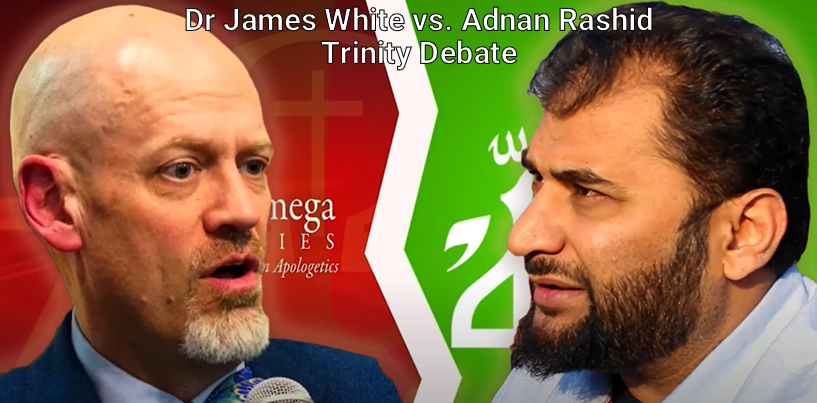Reflections on the Baptist Confession of Faith of 1689.
23 Aug 14 began a perhaps unbroken, orderly, and personal journey through my favorite written confession of faith. This will be my personal reflections on this beloved written codification of the Christian Faith which is according to a Baptist flavor.
NEXT-
Section 15.4: “As repentance is to be continued through the whole course of our lives, upon the account of the body of death, and the motions thereof, so it is every man’s duty to repent of his particular known sins particularly.”
Repentance for sin will continue throughout a believer’s life. 1 John 2:7-9 reads: “If we walk in the Light as He Himself is in the Light, we have fellowship with one another, and the blood of Jesus His Son cleanses us from all sin. If we say that we have no sin, we are deceiving ourselves and the truth is not in us. If we confess our sins, He is faithful and righteous to forgive us our sins and to cleanse us from all unrighteousness.” “Fellowship with Christ,” properly speaking, is only possible for someone already born again. There’s a dual application of this text, one to the believer and the other to the non-believer. For the non-believer, the invitation is to first come in. To first confess that our sin separates us from God’s grace, and that we need the Cross to reconcile us to God. To repent and to turn from our sin in faith to Jesus entirely. The second application is for those already saved to continue to be cleaned of their repeated sins by the grace of constant confession. Sin will lose its grip on the Christian’s life, but it is not in this life gone. It hangs on in the war since its only disappearance for each of us is at our glorification. God designed it that his new creatures would dwell amidst an old world for a time. Believers have a different relationship with their sin and to their sin. There is still sin in our members, but sin does not have mastery over us. No sin can destroy salvation. It does disrupt sanctification.
The first of Luther’s 95 theses reads: “When our Lord and Master Jesus Christ said, ‘Repent’ (Matthew 4:17), he willed the entire life of believers to be one of repentance.” No doubt, his reflections in the Greek text of Acts 2 and Peter’s Pentecost sermon produced great fruit in the man’s life in this area. Peter did not say, “Do penance…” which was Jerome’s Latin translation of the Greek word for “repent.” Peter certainly had nothing in mind that Rome would later invent in its ideas on confession. Peter actually said, “Repent…” to the crowds gathered. That is the call that’s gone out since the start, and the applications of this in history are massive.
There is a first type of repentance that brings a man into the room. Then there’s the repentance of those already inside the room.
After he was brought out of its darkness into the light, Luther’s work to bring to light the medieval devolutions of Romanism into its modern sacramentalism did much to restore the Gospel throughout Germany and in turn the world. It’s God’s custom to use one obscure man or woman for such things. Add in a printing press, and we see why Luther’s views spread as widely as they did. He taught nothing new, and the Bible is its own authority. Luther came to understand that there is a repentance that brings us into the room (sola gratia) and then there becomes us the duty of repentance for those already in the room. One precedes the other. A natural desire to repent for on-going sin (as a fruit of the supernatural grace of repentance) is like an appreciation not to dirty the spotless floors of the king’s mansion once someone’s been freely invited inside.
True repentance is heartfelt warfare against sin. Christians hate sin because their heavenly Father hates it and they are literally becoming more like him by the power of the Spirit. God, in a loving manner, reveals sin to his children. Thankfully not all at once! Sin both outwardly and inwardly is revealed in God’s time as a loving Father would. And all to the same end—repentance. For the believer, repentance is the soul’s awakened request for full cleansing both in this life and in the life to come. Justification is the deliverance from the penalties of sin. That complete deliverance is already the believer’s. Romans 5:1-2. What comes afterward acknowledges the soul’s remaining quarrels with sin in one’s life. Jesus told Peter, “He who has bathed needs only to wash his feet, but is completely clean…” John 13:10a. Jesus’ teaching cleanses his sheep. It is the bath we needed. It’s the Gospel that cleanses us and not one single thing else. The Christian’s desire for cleansing through repentance is not unto justification; it’s unto sanctification. There is an Olympus Mons of difference between the two. The sin that remains in us is the dirtying of our feet. We’re not fully at rest until we’re in that place where there’s no more dirt.
Christian grace is more than just the idea of a “clean slate” with God. It’s not just a person being brought to a zero balance for sin before God. If that’s all it was, we’d all still be headed for hell. It is instead a positioned state of justification by the imputation of Jesus’ own righteousness to our accounts that places us at peace with God.
This confession rightly states that men must repent of what they know is sin in their lives throughout their lives. This is just what’s natural when we appreciate the Cross and all that God has done for us. Excuses for sin, or denying what Scripture says is sin, can be evidence that God has not granted us repentance at all. Repentance granted from God breeds repentance toward God. Those in the light see by the light. We confess our sins in Christ because we’re in Christ.








Leave a Reply